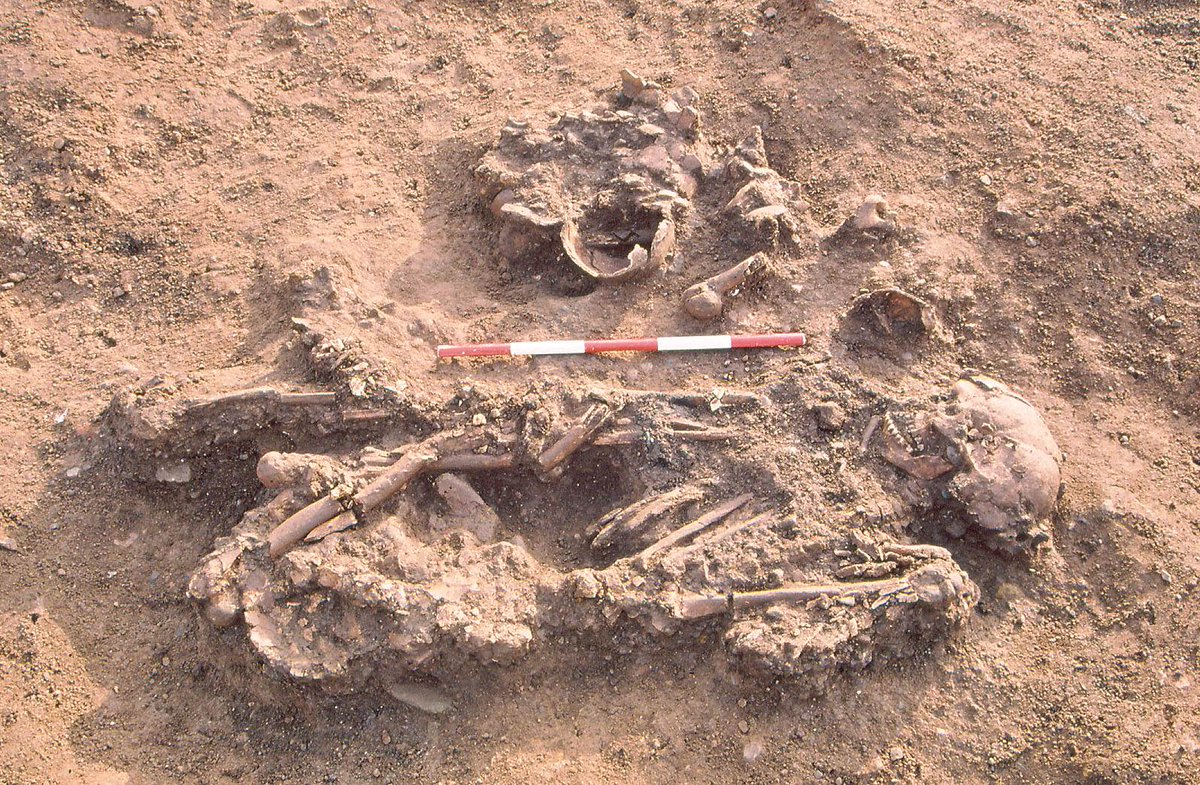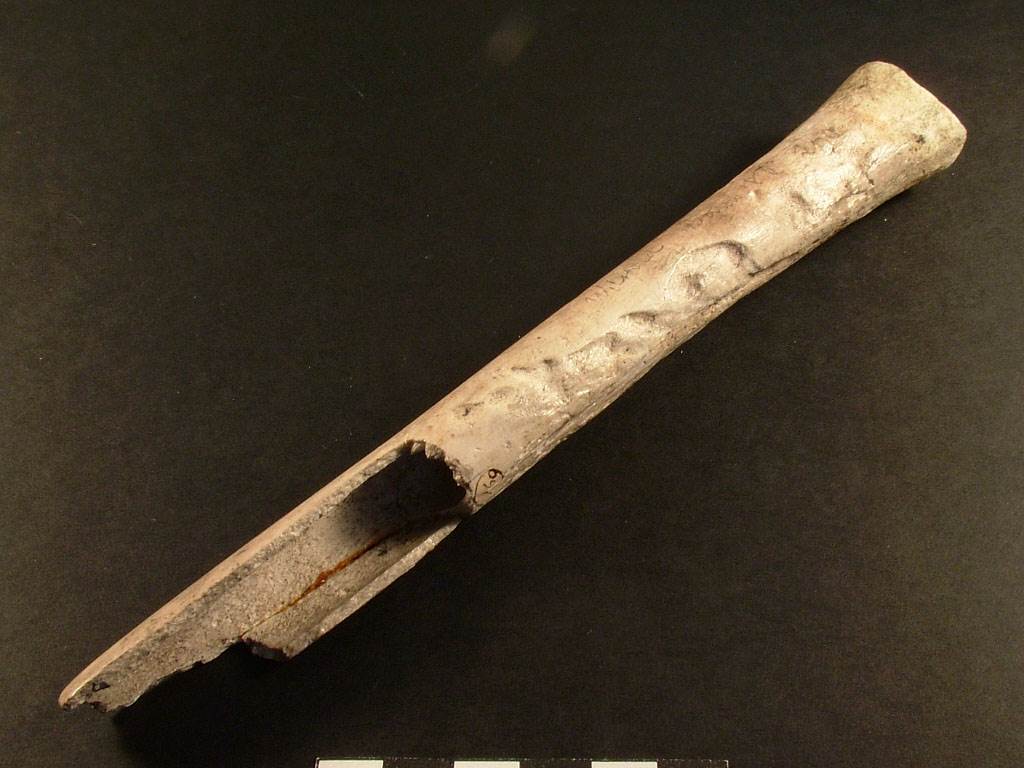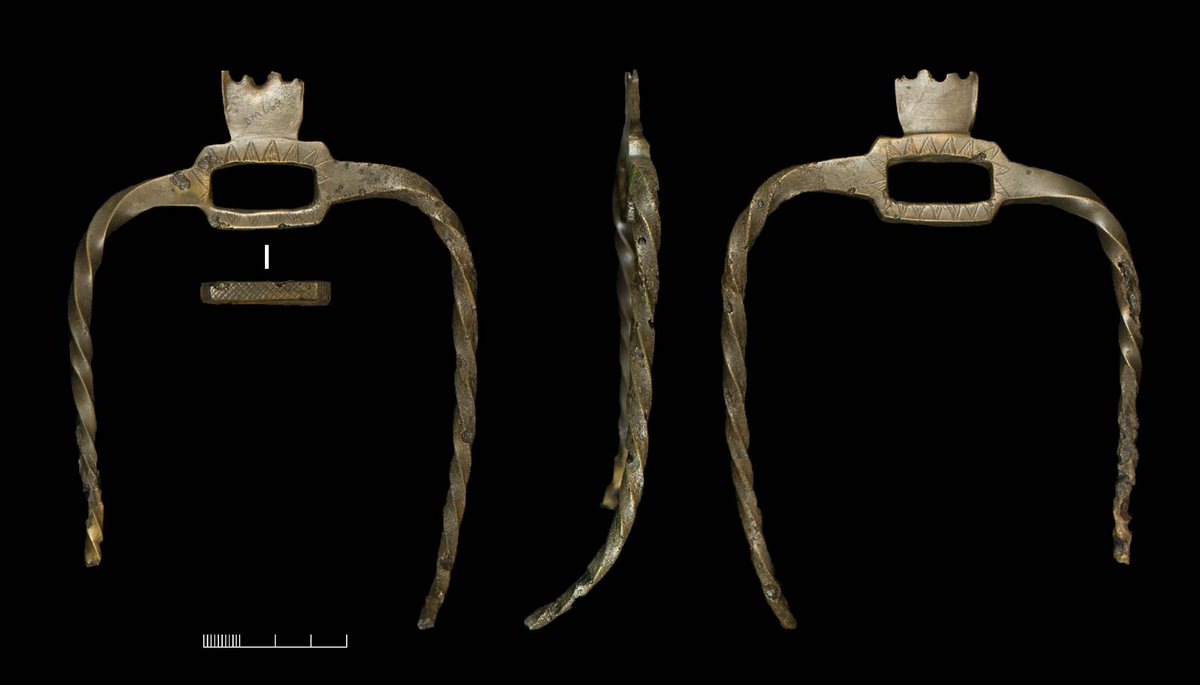Using C14 dating & CT scanning to study ancient bones, researchers have uncovered a Bronze Age tradition in Britain of retaining and curating human remains as relics over several generations. https://bit.ly/31P8dhT ">https://bit.ly/31P8dhT&q...
1/8 THREAD https://bit.ly/31HSZuU ">https://bit.ly/31HSZuU&q...
1/8 THREAD https://bit.ly/31HSZuU ">https://bit.ly/31HSZuU&q...
2/8 While the findings, led by @BristolUni and published in @AntiquityJ seem eerie or even gruesome by today’s convention, they indicate a tangible way of honouring and remembering known individuals between close communities and generations some 4,500 years ago.
3/8 “Even in modern secular societies, human remains are seen as particularly powerful objects, and this seems to hold true for people of the Bronze Age. However, they treated and interacted with the dead in ways which are inconceivably macabre to us today,” said @Boothicus
4/8 “After radiocarbon dating Bronze Age human remains alongside other materials buried with them, we found many of the partial remains had been buried a significant time after the person had died, suggesting a tradition of retaining and curating human remains.”
5/8 In one case from Wiltshire, a human thigh bone had been crafted to make a musical instrument and included as a grave good with the burial of a man found close to #Stonehenge @WiltshireMuseum https://bit.ly/2QGNrKO ">https://bit.ly/2QGNrKO&q...
6/8 The carefully carved and polished artefact, found with other items, including stone and bronze axes, a bone plate, a tusk, and a ceremonial pronged object, are displayed in the Wiltshire Museum. Radiocarbon dating of this instrument suggests it belonged to someone he knew
7/8 “Although fragments of human bone were included as grave goods with the dead, they were also kept in the homes of the living, buried under house floors and even placed on display”, said Professor Joanna Brück, principal investigator on the project
8/8 Micro-CT scanning suggested the bones had come from bodies that had been treated in similar ways to Bronze Age human remains more generally. Some cremated before being split up, some bones exhumed after burial, and de-fleshed by being left to decompose on the ground.

 Read on Twitter
Read on Twitter




